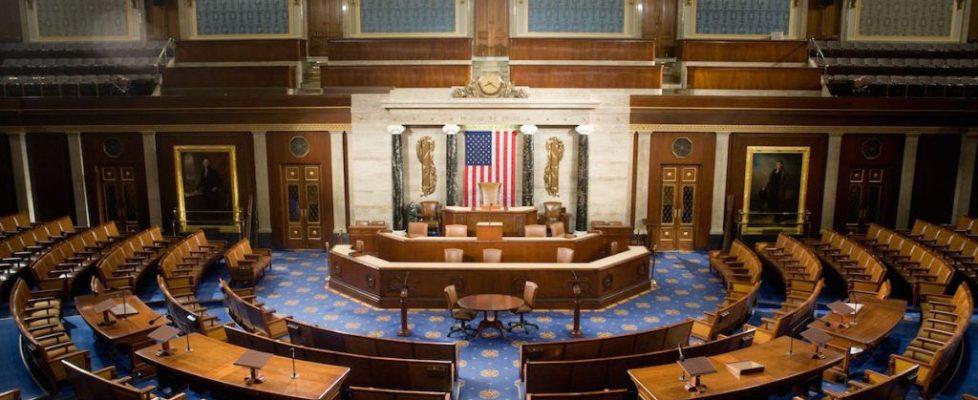Congress’ last-minute $1.7 trillion omnibus package: 8 healthcare takeaways
Lawmakers rolled out a roughly $1.7 trillion year-end spending bill Dec. 20 to fund the U.S. government through most of 2023, tacking on proposals to extend telehealth and hospital-at-home flexibilities while leaving out other healthcare asks.
Lawmakers have until the end of Dec. 23 to clear the 2023 Omnibus Appropriations bill or federal funds are set to run out, bringing key agencies and programs to a halt. The package consists of all 12 annual appropriations bills Congress must pass and would fund the government through the remainder of fiscal 2023, which runs through September.
Eight healthcare- and hospital-specific notes out of the 4,155-page bill:
1. The legislation curbs a scheduled cut of nearly 4.5 percent to the Medicare physician fee schedule that was set to take effect in 2023, narrowing the cut to 2 percentage points in the year ahead with a scheduled cut of 3.25 percentage points in 2024. The American Medical Association, which lobbied against the cuts, said it is “extremely disappointed and dismayed” with the cuts that made it to the bill.
2. While physicians did not get the relief they sought with complete aversion of fee schedule payment cuts, the spending bill would avert the 4 percent Statutory Pay-As-You-Go reduction, which would have amounted to cuts of approximately $36 billion, from taking effect in 2023.
3. The legislation extends incentives under the alternative payment model, which were set to expire this year, but reduces the amount from 5 percent to 3.5 percent. The incentive is designed to offset losses in revenue physicians may incur as they move from fee-for-service to participation in value-based care models.
4. The package extends Medicare telehealth flexibilities through 2024. The deadline for these flexibilities has been tied to 151 days after the end of the COVID-19 public health emergency, meaning the precise date was unclear as HHS has continued to renew the PHE in 90-day increments. Under the legislation, providers would be able to lean on flexibilities guaranteed throughout 2024.
5. The package extends acute hospital care at home waivers and flexibilities for two years through 2024. Similar to telehealth flexibilities, the deadline for hospital care at home waivers was tied to the status of the PHE. CMS has approved more than 250 hospitals to participate in the acute hospital care at home program.
6. The legislation extends the low-volume hospital payment adjustment and Medicare-dependent hospital programs through fiscal year 2024, or Sept. 30, 2024.
7. The legislation includes $118.7 billion — a 22 percent increase — for VA medical care. Other healthcare end medical allotments include $47.5 billion for the National Institutes of Health (a 5.6 percent increase); $9.2 billion for the CDC; $1.5 billion for NIH’s second-year Advanced Research Projects Agency for Health and $950 million for the Biomedical Advanced Research and Development Authority, according to Senate Appropriations Committee Chairman Patrick Leahy.
8. The American Hospital Association expressed satisfaction with a number of measures in the legislation, including the extension of telehealth, hospital-at-home and programs to help rural hospitals, but signaled toward the work that remains to garner funding for hospitals.
“In the new year, we will continue to advocate for Congress and the administration to take action to address patient discharge backlogs, support our current workforce and increase the pipeline into the future, hold commercial health insurers accountable for policies that compromise patient safety and add burden to care providers, and strengthen hospitals that care for a disproportionate number of patients covered by government programs or are uninsured, to name a few of our priorities,” association President and CEO Rick Pollack said in a statement shared with Becker’s.

